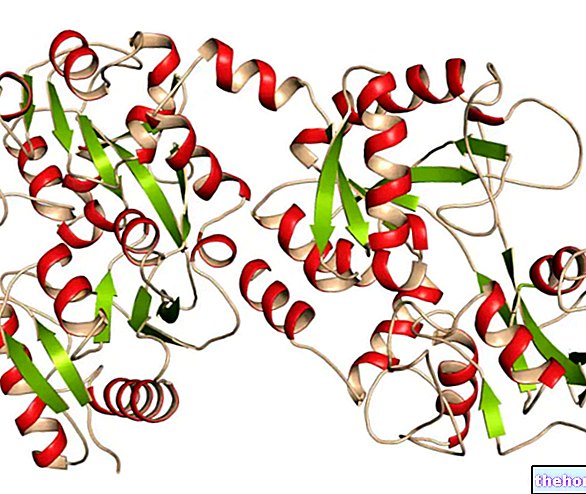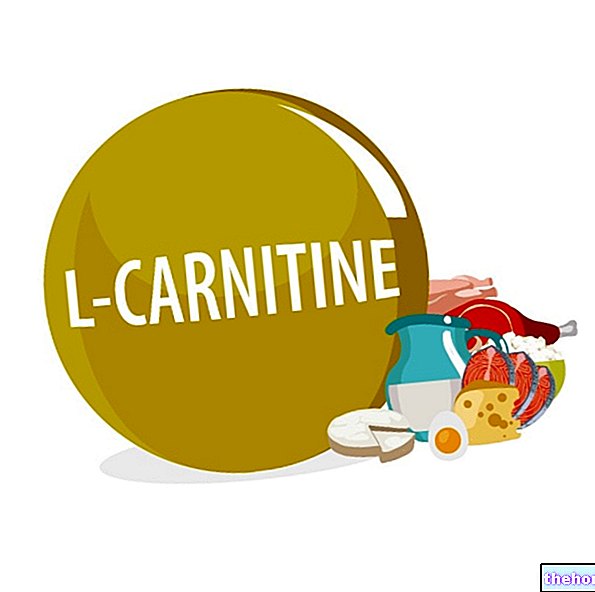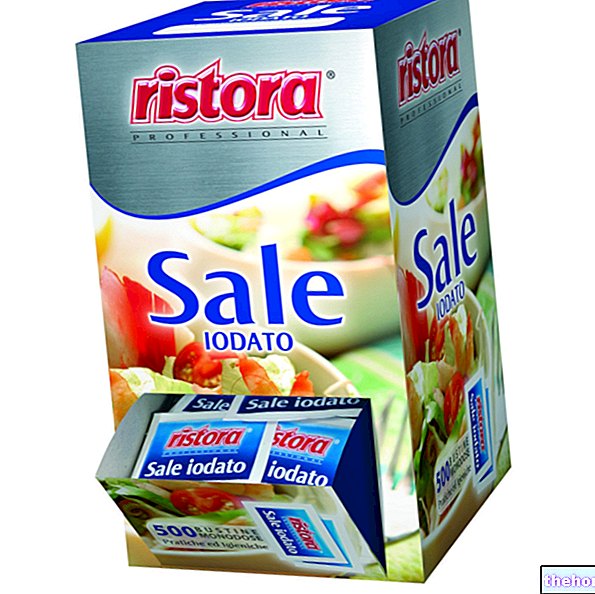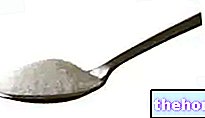What is that
Magnesium pidolate is the magnesium salt of pidolic acid, otherwise known as pyroglutamic acid. The association of magnesium and pidolic acid finds space in food supplements intended for the prevention or treatment of specific magnesium deficiencies; pidolate salt is for example the active principle of the registered specialties MAG2 ® and SOLUMAG ®.
Magnesium pidolate is used in the treatment of hypomagnesemia (magnesium deficiency), both by mouth and by intramuscular injection.
Benefits
Why is Magnesium Pidolate preferable over other magnesium salts?
The salification of magnesium with pidolic acid was chosen to improve the absorption of the mineral at the cellular and intestinal level, as well as making the integration more tolerable at the gastrointestinal level.
We know, in general, that the organic salts of magnesium - such as magnesium pidolate, gluconate, aspartate, pyruvate, malate, citrate, lactate and orotate - are better absorbed than inorganic forms, such as magnesium oxide, magnesium carbonate and magnesium. sulphate. Unfortunately this is evidence of a general nature, as there are few studies on it [3], often conducted on animals and sometimes with conflicting results; for example, it has been seen that even the intestinal absorption of magnesium chloride, although it is an organic form, is very good, while other inorganic salts, such as magnesium sulphate and magnesium oxide, have a poor bioavailability [5].
On the basis of the scientific literature examined, there are no particular reasons to prefer magnesium pidolate to other organic magnesium salts or to the certainly less expensive magnesium chloride.
Magnesium Pidolate and Premenstrual Syndrome
Magnesium pidolate is generally known for its usefulness in the preventive treatment of primary dysmenorrhea [1], but other highly bioavailable forms of magnesium are likely to be equally useful for this purpose. It also seems to have positive effects in terms of neurosedation [2]; it could therefore be a form of magnesium particularly useful in improving symptoms related to migraine, an application in which magnesium supplements find one of their main indications.
Other Properties
Regarding the nutraceutical properties of pyroglutamic acid, a study [4] reported possible positive effects in the prevention of memory loss associated with the natural aging process.
How to use
When used as a magnesium supplement, it is important to remember that each gram of magnesium pidolate contains only 87 mg of elemental magnesium, which is why supplements in the order of 2-4 grams / day are generally recommended.
The overall dietary intake of magnesium (diet + supplements), considered adequate according to the guidelines issued by the Food and Nutrition Board - Institute of Medicine, is shown in the table.
(years)
(mg / day)
(mg / day)
(mg / day)
(mg / day)
Bibliography
[1] Clin Exp Obstet Gynecol. 1992; 19: 176-9.
Effectiveness of magnesium pidolate in the prophylactic treatment of primary dysmenorrhea.
Benassi L, Barletta FP, Baroncini L, Bertani D, Filippini F, Beski L, Nani A, Tesauri P, Tridenti G.
[2] Ann Pharm Fr. 1995; 53: 176-83.
[Psychopharmacological properties of three magnesium salts: pidolate, lactate and aspartate].
Heads JF, Decelle T, Henrotte JG.
[3] Magnes Res. 2005 Dec; 18: 215-23.
Study of magnesium bioavailability from ten organic and inorganic Mg salts in Mg-depleted rats using a stable isotope approach.
Coudray C, Rambeau M, Feillet-Coudray C, Gueux E, Tressol JC, Mazur A, Rayssiguier Y.
[4] Fundam Clin Pharmacol. 1990; 4: 169-73.
Pyroglutamic acid improves the age associated memory impairment.
Grioli S, Lomeo C, Quattropani MC, Spignoli G, Villardita C.
[5] Magnes Res. 2001 Dec; 14: 257-62.
Bioavailability of US commercial magnesium preparations.
Firoz M, Graber M.
















.jpg)











